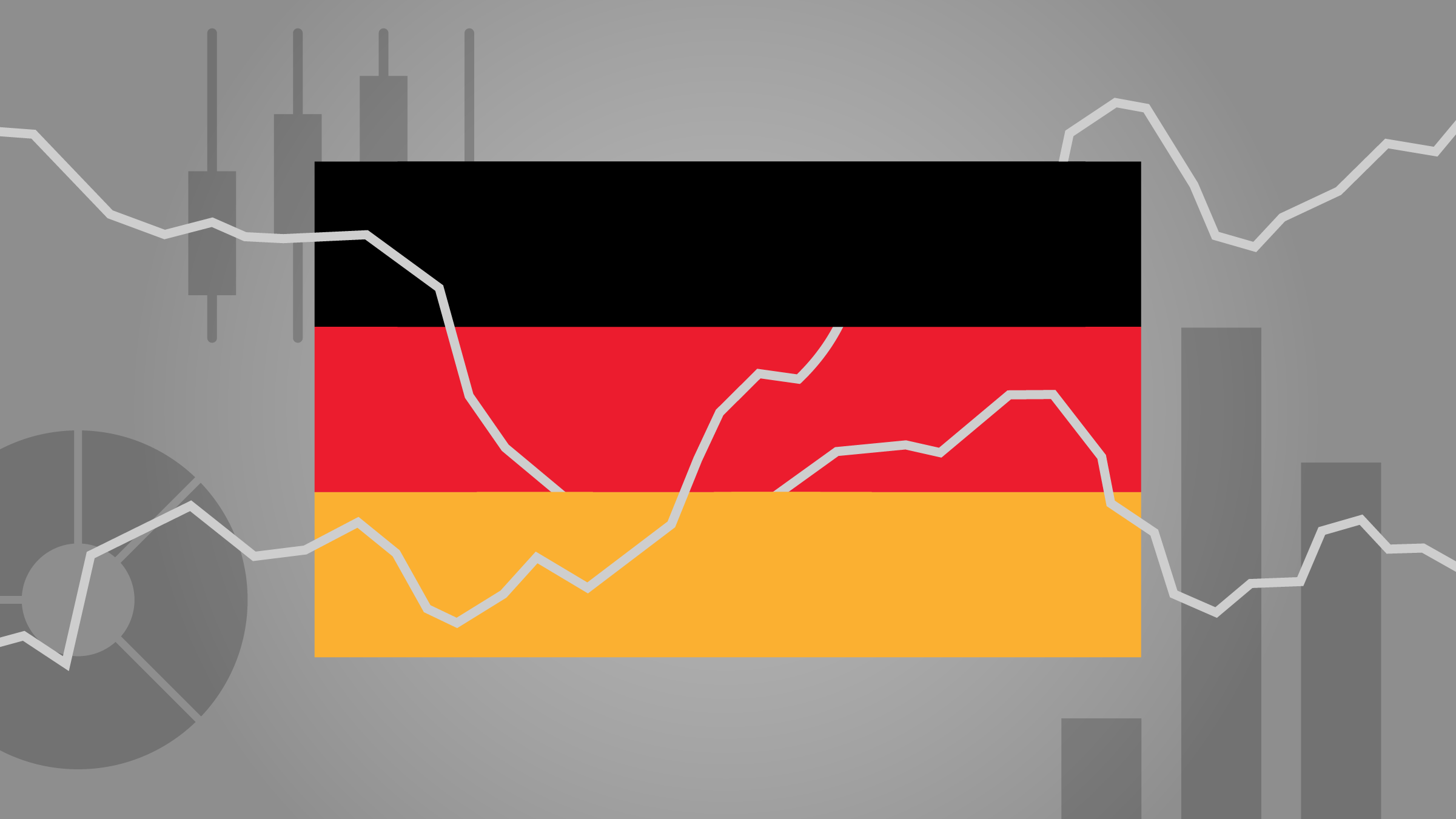This video is a part of our ESG Special Report week
Ruth Saldanha: It's hard to not be aware of the effects of climate change. It's in the news almost every day. It's in the lived experiences of people all over the world. And in Canada, it's even become a key federal election issue. While it might seem that this is a social issue that has no direct bearing on your personal investments, increasingly this is not the case. Investors are keener than ever to invest responsibly and are aware of the pitfalls of failing to do so. What are some of these pitfalls? And how important is ESG investing in Canada? BlackRock Canada's ESG expert, Hail Yang, is here with us today to discuss this.
Thank you so much for being here today.
Hail Yang: Thanks for having me.
Saldanha: For Canada, how important is ESG investing?
Yang: So, we view an ESG integrated investing as important for all investors regardless of where you are. We're hearing more and more from investors that they want to align their values with their investment decisions. And ESG investing kind of sits right at the intersection of those two ideas.
Historically, there was almost a thought that those two objectives were at odds with one another. But our perspective on that is actually that the companies that are sort of solving the world's biggest problems are actually the ones that are in the best position to grow. And so, the companies that are managing their ESG-related risks and opportunities in the best way, are actually going to be the ones that are going to deliver long-term financial performance and returns to your portfolio. And so, integrating ESG into your portfolio is important for all.
Now, I think your question was actually more focused on Canada and Canadians in particular. Arguably, ESG investing for Canadian investors has particular relevance because of our economy's reliance on carbon emissions. In terms of as a country, per capita, we have a large carbon emission per capita, large carbon emissions per dollar of GDP. And certainly, our personal investment portfolios are generally home country biased and therefore, generally exposed to these types of things as well. ESG investing is really about evaluating companies on a more holistic basis than just on their financials. It's about evaluating energy companies, for example, on their ability to make this transition successfully. And so, this sort of holistic view of a company, I think, is particularly important for Canadian investors.
Saldanha: What's a better strategy for an ESG investor? More active or more passive?
Yang: Our view on portfolio construction has always been active and indexed, not one versus the other. Based on your own personal risk tolerance and return objectives, you're going to have a certain mix of indexed and active investments within your portfolio. One thing I did want to highlight there is that the launch of our sustainable core suite of ETFs in Canada, these are index products that are meant to perform in line with market cap weighted benchmarks. And so, you would use it in the same way that, say, you'd use an S&P/TSX Composite Index ETF for Canada equity exposure or an MSCI EAFE Index ETF for international developed equity exposure. So, you'll get the same or similar performance and return and so, you can use it as a foundational building block for your portfolio. But importantly, it has an ESG integration sort of embedded in the strategy such that you will also achieve a higher ESG score from owning that portfolio. And that's a product set across equities and fixed income. So, you can actually assemble a multi-asset portfolio with an ESG tilt to it.
Saldanha: Some index investors recently had a shock when gun stocks were inadvertently included in the index. So, as a passive investor, how do I ensure that my ESG portfolio stays ESG and responsible throughout?
Yang: Yeah. So, I think there it's really about knowing what you own, knowing what strategy you've purchased. ESG as a term is applied very broadly across lots of different strategies, lots of different investment objectives. And so, much like when you are evaluating bond funds and say, you didn't want to own or don't want to own sub-investment-grade junk bonds as a part of your investment mandate, you'd arm yourself with all the knowledge that you need to ensure yourself that the strategy that you're purchasing will not include junk bonds. ESG is very similar. One ESG fund can look very different from another ESG fund, depending on what the objectives, restrictions and strategies are. And so, doing a bit of homework around what exactly is excluded from my ESG fund versus this other ESG fund and exactly how are they arriving at this overall end ESG portfolio is important for everyone to understand. Don't just assume it's got ESG on the label, and therefore, I'm not going to own company XYZ. That's not necessarily going to be the case.
Saldanha: Thank you so much for joining us today, Hail.
Yang: Sure. Thanks for having me.
Saldanha: For Morningstar, I'm Ruth Saldanha.
You can find our Sustainability page here


















